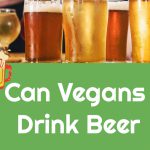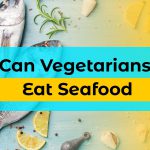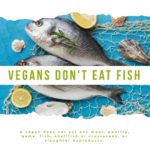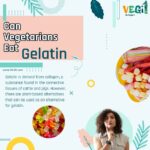Can Vegans Drink Coffee? Exploring Coffee Production
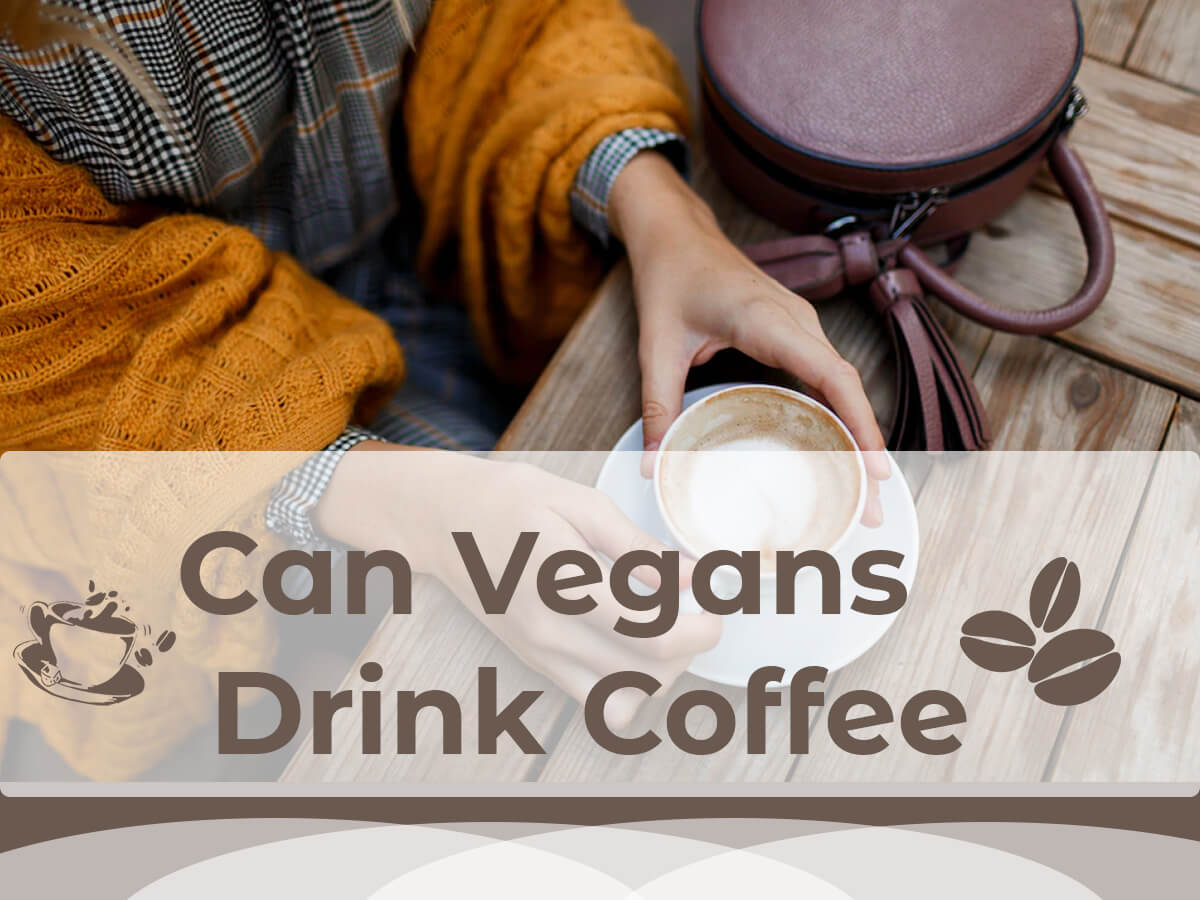
Are you a fellow coffee lover also interested in the vegan lifestyle? If so, can vegans drink coffee or not?
It’s a topic that can be confusing and sometimes controversial, with different opinions and arguments floating around.
But don’t worry, I’ve got you covered! I dug to discover the truth about coffee and its place in a vegan diet.
In this article, I want to explore all the factors involved, from the production and processing of coffee to the ingredients used in coffee flavourings and even the potential ethical implications.
By the end of our journey together, we’ll hopefully have a clearer idea of whether or not we vegans can indulge in a nice cup of coffee.
Before we dive into whether vegans can drink coffee, let’s first explore the basics of being vegan.
Curious about veganism? Learn about the benefits, ethics, and lifestyle of a plant-based diet. Discover why veganism is gaining popularity today : What is Veganism
In this article you will read:
The basics: what does it mean to be vegan?
Let me start by saying that being vegan means abstaining from consuming all animal products, including meat, dairy, eggs, honey, and even certain food additives derived from animals.
This lifestyle choice is rooted in the belief that animals have the right to be treated with respect and compassion and should not be used for human consumption.
However, being vegan is more than just a diet; it’s a way of life beyond food choices.
Many vegans like us avoid using products tested on animals or made from animal by-products, such as leather, wool, and silk.
In addition, vegans may choose to support ethical and sustainable practices in all aspects of their lives, from the clothes they wear to the products they buy.
Now that we have a better understanding of what veganism entails let’s talk about the production and processing of coffee and how it affects whether or not coffee can be considered vegan.

What’s in your cup? Examining the production and processing of coffee
It is clear to all of us that coffee beans themselves are, of course, plant-based products. But you should know that the processing and flavourings added to coffee can sometimes involve animal-derived ingredients.
Are you surprised?
Regarding coffee production among veganism, one concern for us is animal fertilizers.
This concern comes from the fact that some coffee farms use fertilizers made from animal waste, such as manure, to enrich the soil.
However, many coffee farms use vegan-friendly fertilizers made from plant-based materials.
Another consideration I want to tell you is using milk or cream in coffee.
Traditional dairy milk is, of course, not vegan. Still, many plant-based milk options, such as soy, almond, and oat, are readily available.
Do not worry because many coffee shops now offer these alternative milk options, making it easier for vegans to enjoy a latte or cappuccino.
Another point you should consider is that some coffee flavourings, such as syrups and sauces, may contain animal-derived ingredients such as honey, milk, or even cochineal extract made from crushed beetles.
But, as I said before, do worry; many vegan-friendly coffee flavourings are made from natural ingredients like fruits, herbs, and spices.
So, although there are many concerns for us when we want to enjoy a cup of coffee, many options can be found for vegans to drink coffee easily.

Ethical implications: The impact of coffee on animals and the environment
After understanding the meaning of veganism and coffee processing, let’s talk about the ethical implications of coffee production and how it impacts animals and the environment.
Coffee itself is a plant-based product, but the production and processing of coffee have negative effects on both animals and the environment.
First, coffee farming can lead to deforestation, as trees are often cleared to make way for coffee crops. This can significantly impact wildlife, disrupting ecosystems and endangering animal populations.
Furthermore, pesticides and other chemicals used in coffee farming can harm animals and pollute water sources.
Regarding the environment, coffee production also requires significant water and energy, which can hurt local ecosystems.
Coffee processing can also generate large amounts of waste, such as pulp and wastewater, which can contaminate nearby water sources.
If you are a vegan, it’s important to consider the impact of your choices on the world around us, including the impact of coffee production on animals and the environment.
Choosing sustainably and ethically sourced coffee can help minimize environmental harm and ensure coffee production does not negatively impact animals.
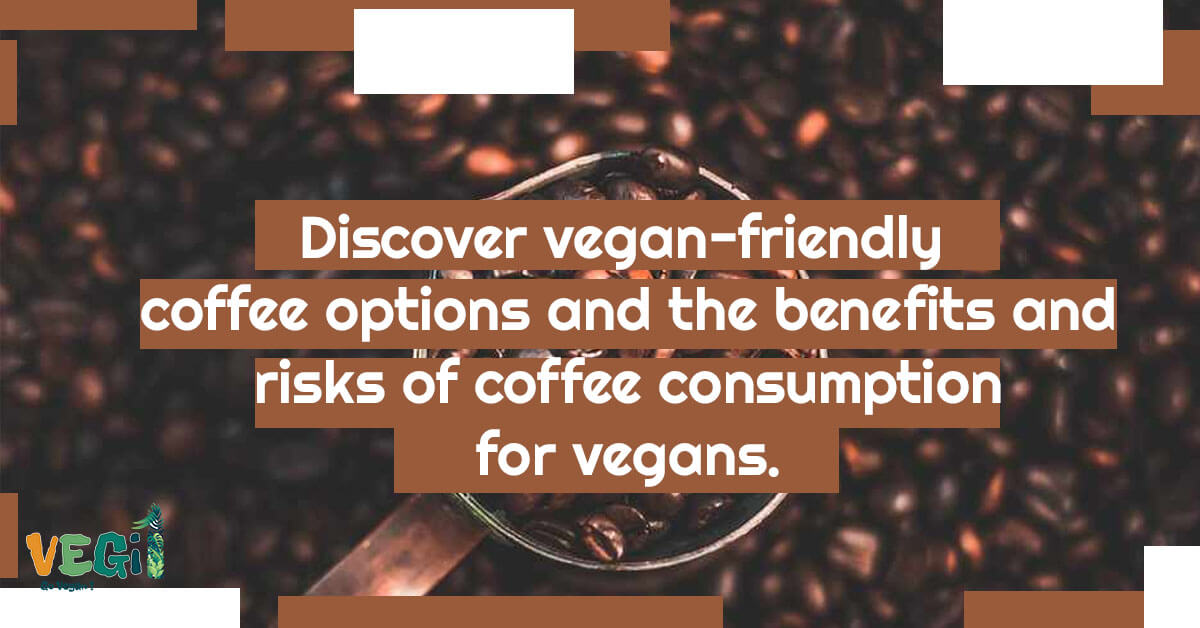
Benefits and Risks of Drinking Coffee for Vegans
In addition to the ethical implications discussed in the previous section, let’s examine the benefits and risks of drinking coffee for vegans.
One of the most well-known benefits of coffee is its ability to improve focus and increase energy levels.
Moreover, coffee has been linked to a reduced risk of certain diseases, such as Alzheimer’s, Parkinson’s, and type 2 diabetes.
However, drinking too much coffee can also have negative side effects.
Caffeine can disrupt sleep and cause anxiety, and excessive consumption of coffee can lead to heart palpitations and increased blood pressure.
Furthermore, some coffee flavourings and additives may contain animal products, such as milk or honey, which could risk vegans.
As a vegan, it’s important to be aware of the potential risks associated with coffee consumption and to ensure that any additives or flavourings are vegan-friendly.
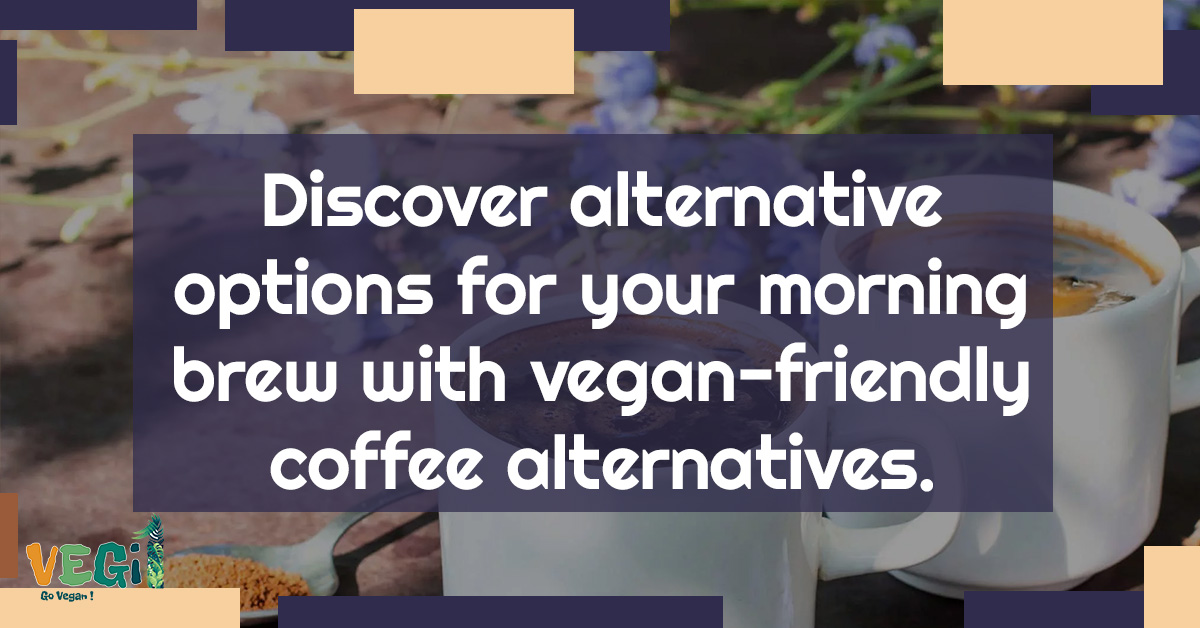
Alternative options: Exploring vegan-friendly coffee alternatives
Are you a coffee lover who’s looking for some new and exciting options to switch up your routine?
If you have considered the consequences and benefits of drinking coffee and want to use the alternative ones, let’s explore alternative vegan-friendly coffee options that offer similar flavor and caffeine content as a traditional coffee.
I’ve got some amazing vegan-friendly coffee alternatives that are not only delicious but also better for you and the planet.
One popular alternative I want to introduce is herbal coffee, made from roasted herbs, grains, and nuts, such as dandelion, chicory, and barley.
This beverage has a similar flavour and aroma to coffee and is often used as a caffeine-free substitute.
I want to tell you about another option which is mushroom coffee.
This coffee combines coffee with extracts from medicinal mushrooms, such as lion’s mane and chaga.
If you’re looking for something with a little kick, try adding some spices to your coffee. Cinnamon, nutmeg, and cardamom are all great options that not only enhance the flavor of your coffee but also have health benefits.
For those who prefer a more traditional coffee flavour, there are also many plant-based milk alternatives, such as soy, almond, and oat milk, which can be used instead of dairy milk.
These milk alternatives are often available at coffee shops and can be used to make vegan-friendly lattes and cappuccinos.
Let’s start with one of my favorites – oat milk! This creamy and slightly sweet milk alternative is perfect for lattes and cappuccinos. It’s also rich in fiber, vitamins, and minerals, making it a healthier choice than regular dairy milk.
Another great option is almond milk. It’s low in calories and has a nutty flavor that complements the taste of coffee perfectly. Plus, it’s a great source of vitamin E and healthy fats.
Coconut milk is also a popular choice among coffee enthusiasts. Its tropical flavor adds a unique twist to your morning cup of joe, and it’s packed with essential minerals like magnesium and potassium.
And last but not least, there’s always the option of going straight black! Black coffee is a classic and simple option that’s naturally vegan and calorie-free. It’s also a great way to taste the full range of flavors and aromas in your coffee beans.
So, there you have it – some amazing vegan-friendly coffee alternatives to explore! Not only are these options better for your health and the environment, but they also add some variety to your coffee routine. Give them a try and let me know which one is your favorite!

The importance of reading labels: identifying animal-derived ingredients in coffee products
If you still want to drink a coffee and you are a vegan, I strongly recommend that to read the labels of coffees. So, let’s talk about the importance of reading labels when identifying animal-derived ingredients in coffee products.
As you may know, some common animal-derived ingredients in coffee products include milk, cream, honey, and animal-based flavourings.
It would be best if you were vigilant in checking labels to ensure that these ingredients are not present in your coffee products.
Fortunately, many coffee brands now offer vegan-friendly options, such as plant-based milk alternatives and vegan flavourings.
However, it’s necessary to double-check labels and ingredient lists to ensure that these options are truly vegan.
Let’s introduce you to 4 of the best vegan-friendly coffee brands I’ve tasted.
Wake up and smell the vegan coffee! Discover our favorite ethical and eco-friendly coffee brands that cater to the vegan community.
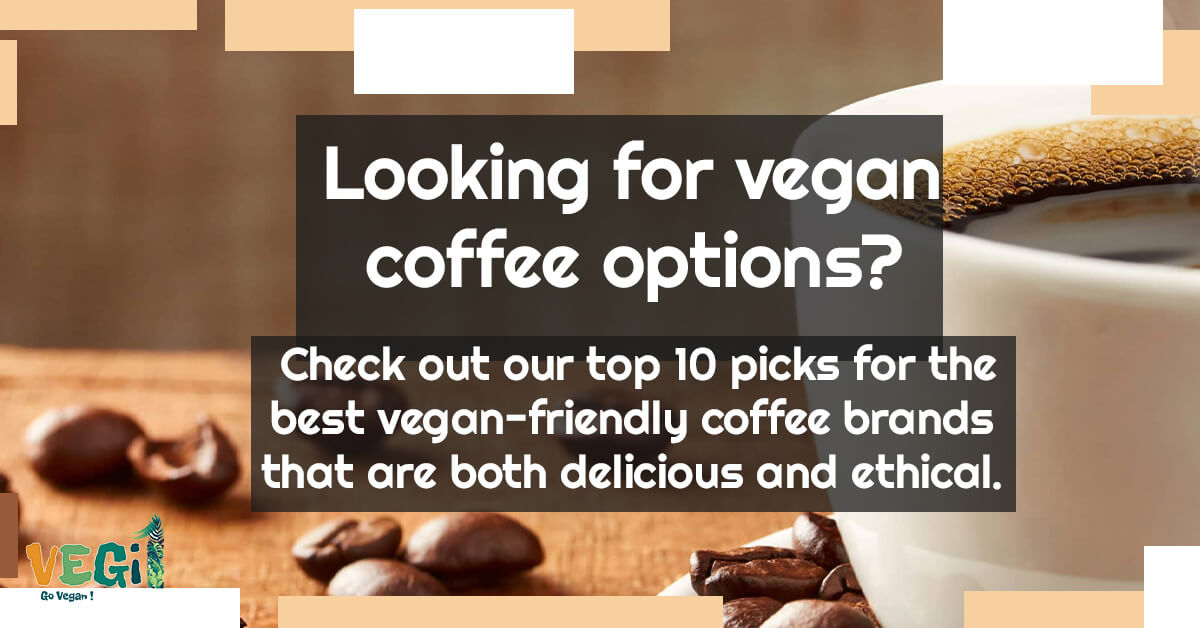
+ 10 of the best vegan-friendly coffee brands
As a proud vegan, I know the struggle of finding the perfect cup of coffee that’s also vegan-friendly. But fear not, because I’ve got you covered! Here are 10 of the best coffee brands for vegans that I absolutely love:
 Bulletproof Coffee
Bulletproof Coffee
Have you heard about Bulletproof Coffee? It’s my favourite high-quality coffee brand that uses a unique MCT oil and grass-fed butter blend to boost your energy.
Moreover, the coffee beans are free of mycotoxins, making them a safe and healthy option.
During production and processing, minimal exposure to toxins also ensures the coffee is free of harmful compounds.
The creamy and smooth flavour of Bulletproof Coffee, with its light nutty taste, is the perfect way to reduce bitterness and enjoy a delicious cup of coffee.
This brand uses high-quality, sustainably-sourced coffee beans that are free from any harmful chemicals or pesticides. Plus, they offer a variety of plant-based creamers, such as coconut and almond milk, that are perfect for making your morning latte.
![]() Ethical Bean Coffee
Ethical Bean Coffee
I recently learned about Ethical Bean Coffee, a popular coffee brand that prioritizes sustainability and ethical practices.
Their coffee products are 100% certified organic and Fair Trade. They use only high-quality Arabica coffee beans sourced from top coffee-growing regions.
Ethical Bean Coffee is committed to reducing its environmental impact and uses biodegradable and compostable packaging.
They offer a wide range of coffee products, including whole beans, ground, and single-serve pods. They provide full traceability for all of their coffee products.
I appreciate their commitment to transparency and ethical practices throughout their supply chain.
 Kicking Horse Coffee
Kicking Horse Coffee
Kicking Horse Coffee is a Canadian roaster known for high-quality organic, fair-trade coffee beans from Central and South America, Indonesia, and Africa.
They offer a range of coffee products, including whole beans, ground, single-serve pods, and decaf options.
Kicking Horse is committed to sustainability and uses biodegradable, compostable packaging and renewable energy sources to reduce environmental impact.
Their playful branding includes blends such as “Kick-Ass” and “Grizzly Claw”, with flavor profiles that have a smooth, rich taste with notes of chocolate, caramel, and nuts.
This Canadian brand offers Not only do they have a great selection of fair trade and organic coffee blends, but they also use biodegradable packaging, which is a huge plus for us eco-conscious vegans.
 Lavazza
Lavazza
Lavazza is a well-known Italian coffee brand that offers a wide range of vegan-friendly coffee blends. Their coffee beans are carefully selected from the best coffee-growing regions in the world, and they offer both whole bean and ground coffee options.
Lavazza Coffee is a top Italian coffee roaster known for its high-quality beans and unique flavour profiles.
They offer a wide range of coffee products, including whole beans, ground, single-serve pods, and various blends.
Lavazza Coffee is still family-owned, with a rich history dating back to 1895. It is known for its smooth, balanced flavour with notes of chocolate, caramel, and nutty undertones.
 Peet’s Coffee
Peet’s Coffee
Peet’s Coffee has a variety of vegan options, including their plant-based oat milk and almond milk. They also have a range of organic and fair trade coffee blends that are sure to satisfy your taste buds.
 Califia Farms
Califia Farms
If you’re a fan of cold brew, you’ll love Califia Farms. They offer a range of delicious and creamy almond milk-based cold brews that are perfect for on-the-go. Plus, their products are all non-GMO and 100% plant-based.
 Cafe Altura
Cafe Altura
Cafe Altura is a family-owned organic coffee company that offers a range of vegan-friendly coffee blends. Their beans are shade-grown and hand-picked, and they offer both whole bean and ground coffee options.
 Verve Coffee Roasters
Verve Coffee Roasters
This California-based brand offers a variety of vegan-friendly coffee blends, including their popular Sermon blend. They source their beans from some of the best coffee-growing regions in the world and roast them in small batches for maximum flavor.
 Flavored Coffee Co
Flavored Coffee Co
For those of us who like a little flavor in our coffee, there’s Flavored Coffee Co. They have a wide range of flavored coffee options that are all vegan-friendly and made from ethically-sourced beans. Their flavors range from classic vanilla to unique options like maple bacon!
 Grounds & Hounds
Grounds & Hounds
If you’re looking for a brand that focuses on sustainability and giving back, look no further than Grounds & Hounds. They donate 20% of their profits to animal rescue organizations, and their coffee beans are all fair trade and organic.
 Dunkin’ Donuts
Dunkin’ Donuts
Last but not least, we have Dunkin’ Donuts! That’s right, even this mainstream coffee chain offers vegan options. Their oat milk is a great dairy-free option for lattes and cappuccinos, and they also offer a variety of vegan-friendly syrups.
So there you have it – ten amazing coffee brands that are perfect for vegans. Each one offers unique flavors and ethical practices that are sure to satisfy your coffee cravings. Give them a try and let me know which one is your favorite!

Summarily
The question of whether or not vegans can drink coffee is multifaceted. It requires careful consideration of production processes, additives and flavourings, and ethical implications.
While coffee is typically vegan, it’s important to be aware of potential risks and ensure that any additives or flavourings are vegan-friendly.
As a vegan and coffee lover, I understand the importance of balancing my ethical beliefs with my desire for a delicious cup of coffee.
Exploring alternative options and reading labels carefully makes it possible to enjoy coffee while maintaining a vegan lifestyle.
So, what about you? Have you considered the impact of your coffee consumption on animals and the environment? Are you aware of the potential animal-derived ingredients in your coffee products?
Please join me in taking a thoughtful and mindful approach to coffee consumption as we strive to align our actions with our ethical beliefs.



